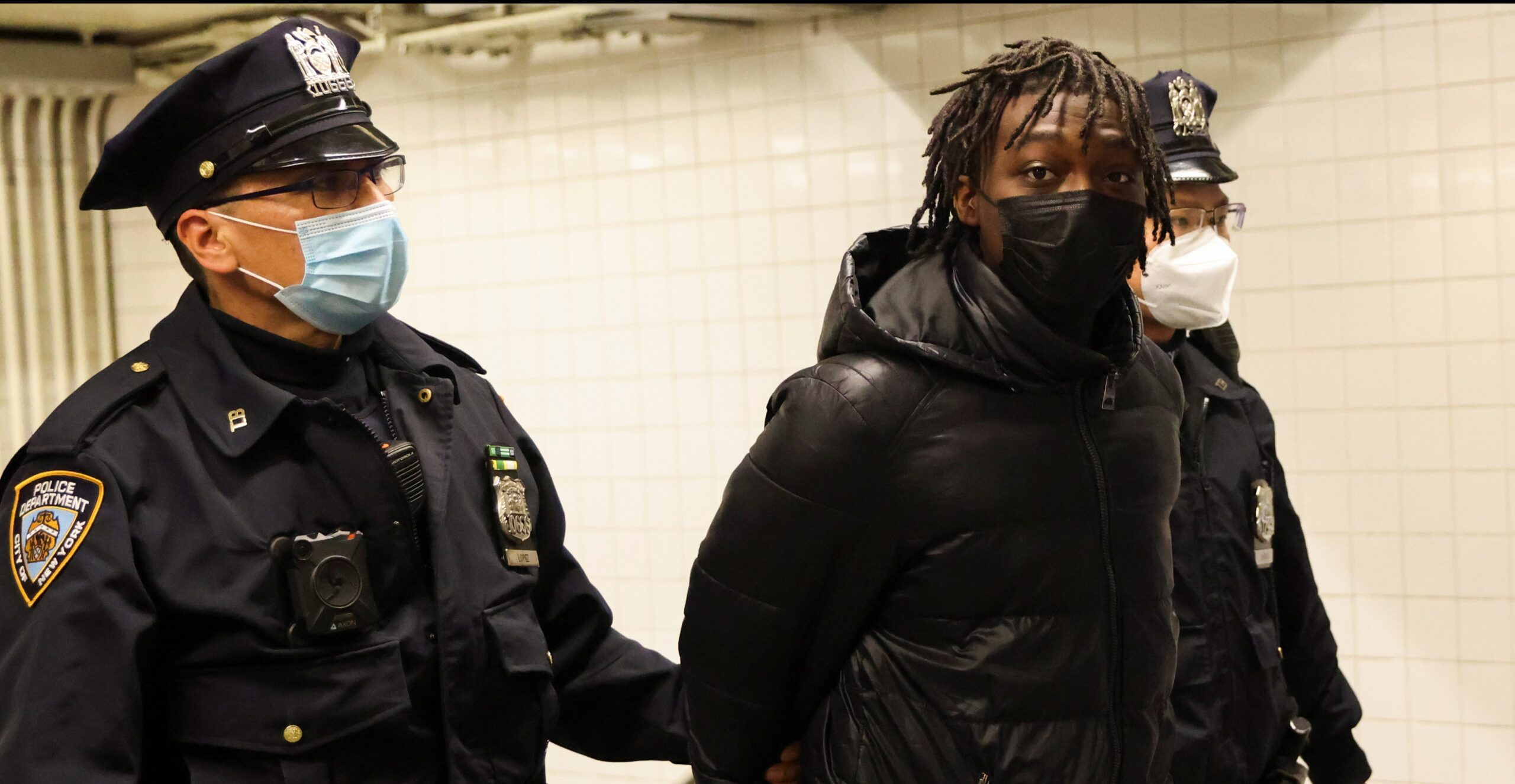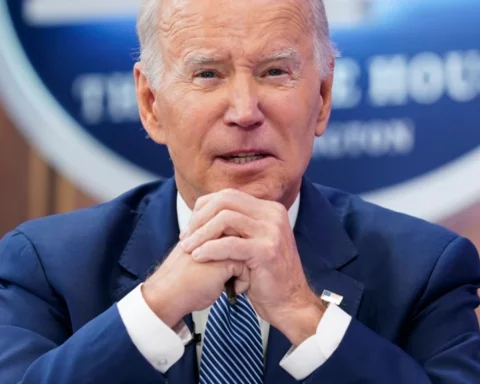Brooking – The War on Drugs, not the war in Afghanistan, is America’s longest war. It has used trillions of American taxpayer dollars, militarized American law enforcement agencies (federal, state, and local), claimed an untold number of lives, railroaded people’s futures (especially among Black, Latino, and Native populations), and concentrated the effort in the country’s most diverse and poorest neighborhoods.
The War on Drugs has been a staggering policy failure, advancing few of the claims that presidents, members of Congress, law enforcement officials, and state and local leaders have sought to achieve. The illicit drug trade thrived under prohibition; adults of all ages and youth had access to illicit substances. Substance use disorders thrived, and policymakers’ efforts to protect public health were fully undermined by policy that disproportionately focused, if unsuccessfully, on public safety. It is time for an American president to think seriously about broad-based policy change to disrupt the manner in which the United States deals with drugs.
Despite its dramatic policy failures, the War on Drugs has been wildly successful in one specific area: institutionalizing racism. The drug war was built on a foundation of racism and xenophobia. As I have written in Marijuana: A Short History, the historical foundation of drug policy in the United States was to vilify African Americans, Native Americans, immigrants from Asia and Mexico, and other outgroups, and to turn White America against each. Michelle Alexander and numerous others have effectively highlighted how America’s criminal justice system from arrest to trial to incarceration to post-release conditions disproportionately punish people of color, creating a cycle of harm in their communities.
We know the design and enforcement of America’s drug laws were racist in intent and in practice. The Anti-Drug Abuse Act of 1986 enacted penalties for possession of crack cocaine (a substance predominantly used by poor and minorities users) that were 100 times higher than for the possession of powder cocaine (a substance used more often by wealthier, white users). And while Congress in 2010 reduced that disparity in penalties from 100 to 1 to 18 to 1, and in 2018 President Trump signed a law making that change retroactive, thousands of low level offenders were left out from resentencing because of a loophole. And in 2021, the U.S. Supreme Court refused to extend the retroactive resentencing effort for those low-level offenders.
In addition, research shows that Black and white Americans use cannabis at roughly the same rates. However, Black Americans are more than 3.6 times more likely to be arrested for a cannabis offense than are white Americans. And even in states that have reformed their cannabis laws, the institutionalization of racism in police departments’ enforcement of the drug war sustains, as Blacks are more than two times as likely as whites to be arrested for cannabis offenses in those legal jurisdictions. And while cannabis offenses have plummeted in those states, the impact of those remaining arrests and convictions are felt in an outsized way across Black and Brown America and in Native American communities.
The 2018 law mentioned above was titled the First Step Act. This label was fitting in that it described the long road toward broader criminal justice reform and for justice in the communities that the War on Drugs targeted for decades. And in his 2019 State of the Union Address, President Trump praised that bill becoming law, by noting that it addresses the explicit racism in the American criminal justice system. He noted,
“This legislation reformed sentencing laws that have wrongly and disproportionately harmed the African American community. The First Step Act gives nonviolent offenders the chance to reenter society as productive, law-abiding citizens. Now States across the country are following our lead. America is a nation that believes in redemption.”






